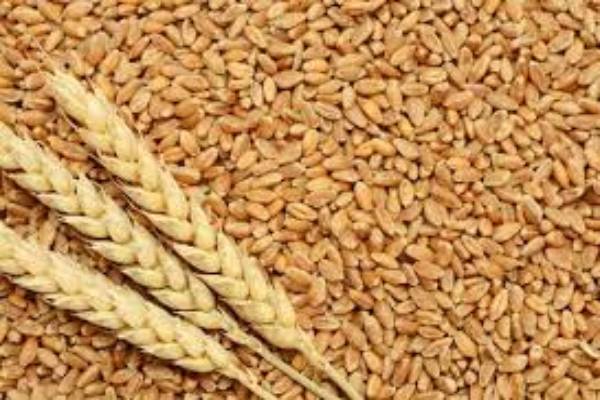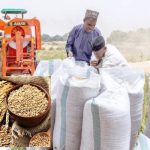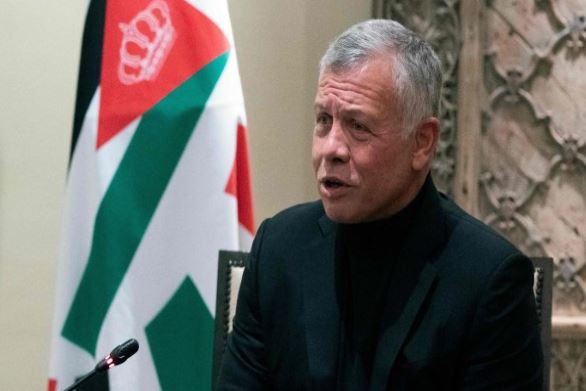The Central Bank of Nigeria according to sources will soon put Wheat on the list of restricted items from official Forex allocation.
The implication of the impending decision is that any firm that requires imported wheat for its operation will seek alternative source of forex after the imposition of the restriction by the apex bank.
The CBN disclosed at the weekend that $2 billion is spent annually to import wheat, thereby depleting the country’s foreign reserves.
According to the apex bank, only one per cent (about 63,000 metric tonnes) of wheat out of the five to six million metric tonnes (MT) of wheat consumed in Nigeria is produced locally.
The bank plans to jump start a massive local production of wheat.
The government, sources explained, has imported hybrid wheat seeds for dry season farming as part of efforts to boost local production.
He said the CBN’s arrangement is to put wheat farmers in a position where they can meet the high demand for the item.
Wheat’s flour is used to make bread, noodles, pasta, biscuits (cookies), semolina and some beverages like wheat beer and Malted milk.
Director, Development Finance Department at the CBN, Mr. Philip Yila Yusuf, told a wheat conference and stakeholders’ engagement in Abuja at the weekend.
“Wheat is the second highest contributor to the country’s food import bill putting pressure on the country’s foreign reserve”.
Rice, which is now on the restriction list, is the highest.
Yusuf said the apex bank’s intervention had become critical due to rising local demand for wheat and the inability to meet that demand.
He said there was enormous potential in wheat value chain enough to make significant impact in the agricultural sector.
The CBN will focus attention on the wheat value chain for 2021/2022 dry season planting, after sustainable progress made across the rice and maize value chain”.
Other imported agricultural items that gulp a lot of foreign exchange but are on CBN’s Forex restriction list are rice, poultry products and fish.
At the conference, Kano State Governor Abdullahi Ganduje, urged the CBN to expedite action on releasing funds, stressing that partnership among stakeholders in wheat production value chains remained critical to boosting Nigeria’s quest to be self-sufficient in wheat production.
Ganduje, who was represented by his deputy, Dr. Nasiru Yusuf Gawuna, appealed to stakeholders to be transparent in their dealings and to commence preparation for both farming and production of wheat.













